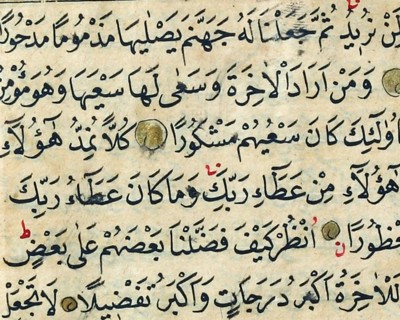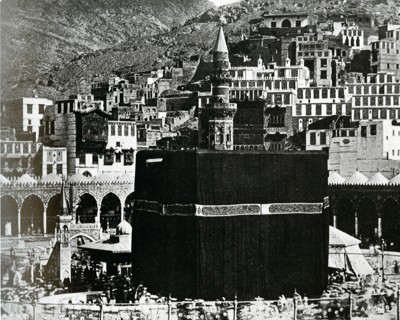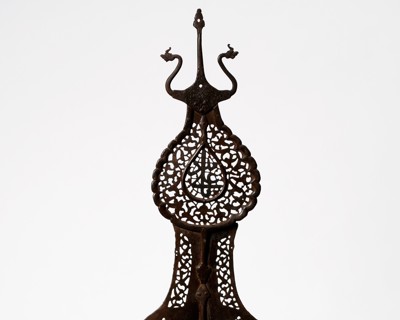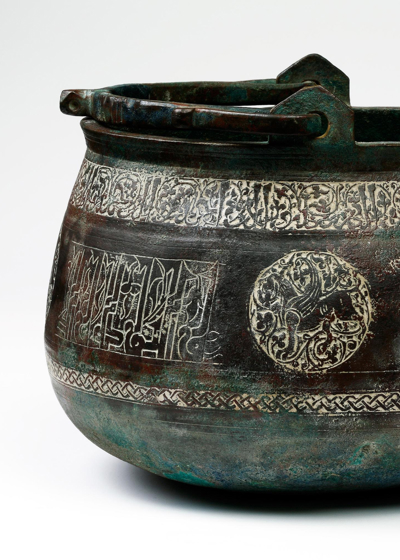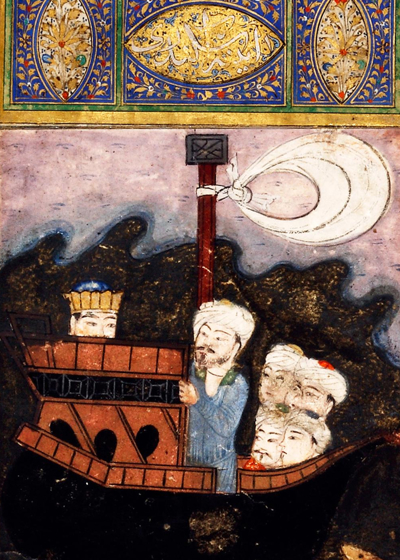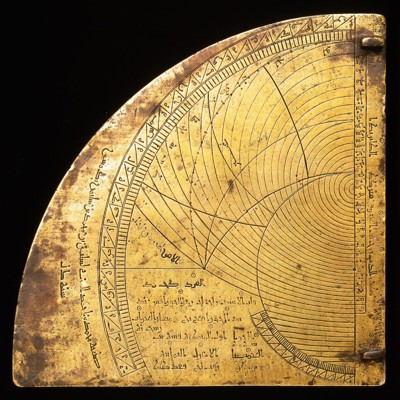Sufis, Dervishes, and Holy Men and Women
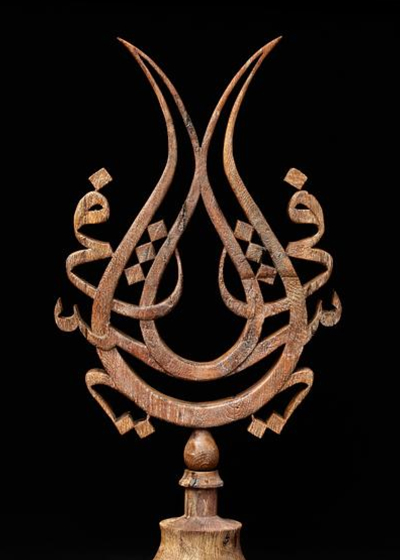
Mystics fully devoted to the will of God
With clear parallels to certain Christian monks and nuns, the Islamic world has holy men and women whose only goal is to achieve union with God on a personal level. These people, often referred to as Sufis or dervishes, are considered to be mystics by ordinary Muslims and non-Muslims – often with a measure of skepticism. In their own eyes, the Sufis and dervishes are practitioners of true Islam.
Sufism can be described as intense devotion to Islam. A central aspect is that genuine insight into the nature of the world can only be attained through an intimate and personal love of God. Only by relinquishing all personal needs and devoting oneself fully to the will of God can a Sufi experience the true meaning of Islam. The word suf (Arabic for wool) by all accounts refers to the humble woolen garment that originally was the ascetic Sufi’s only clothing.
The first Sufis are recorded in history in 8th-century Iraq and Syria. At this point, the Sufi community consisted of individuals who lived a solitary life characterized by asceticism and isolation. As their ideas spread, however, Sufi orders, schools, and monasteries were founded.
The philosopher and theologian al-Ghazali (1058-1111) was especially important for the wider acceptance of Sufism’s ideas. With his interpretation of moderate Sufism, emphasizing improving the individual’s morals and public ethics, Sufi brotherhoods spread to the entire Islamic world beginning in the 12th century.
The path to God has been described by Sufis as “the disappearance of the self.” Rich imagery in poems by Sufism’s many masters reveals the personal experience of devoting oneself to and becoming one with God. The following verse about a Sufi’s mystical union with God was written by the legendary Sufi master al-Hallaj (857-922), who was sentenced to death for blasphemy:
“I am the One whom I love, and the One whom I love is myself.
We are two souls incarnated in one body;
if you see me, you see Him,
if you see Him, you see us.”
